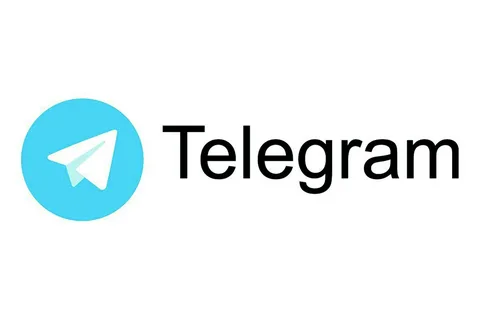Telegram’s Continued Refusal to Join Child Protection Schemes Raises Concerns

Telegram, a popular messaging app with over 950 million users, continues to decline membership in major child protection schemes like the National Centre for Missing and Exploited Children (NCMEC) and the Internet Watch Foundation (IWF). This stance has attracted scrutiny, particularly amid the detention of Telegram’s founder and CEO, Pavel Durov, in France on allegations related to moderation failures, including issues surrounding drug trafficking, child sexual content, and fraud.
Despite repeated requests from NCMEC and the IWF, Telegram remains outside these networks designed to identify, report, and remove child sexual abuse material (CSAM). Both organizations work with most online platforms to address such content, yet Telegram’s absence from these schemes limits its proactive capabilities in combating CSAM. While Telegram does remove confirmed CSAM, it has been criticized for its slower response times compared to platforms engaged with these protective networks.
Telegram, originally founded in Russia and now based in Dubai where Durov resides, also eschews participation in the TakeItDown program, which tackles revenge porn. Unlike other social networks, Telegram does not adhere to standard transparency practices, such as regular public reporting of content takedown requests. Its approach to transparency is described as “semiannual,” with no accessible library of previous reports, further complicating public scrutiny.
The lack of cooperation with these child protection initiatives and transparency measures highlights ongoing concerns about Telegram’s commitment to addressing online safety issues. Telegram has historically claimed that its moderation practices are aligned with industry standards and that it is not responsible for abuse on its platform. However, the absence of active engagement with key child protection organizations raises questions about the effectiveness of its measures in combating harmful content.
Telegram’s unusual media contact methods and lack of responsiveness to press inquiries add to the challenges in addressing these concerns. Despite the platform’s popularity in various regions, including Russia, Ukraine, and Iran, its approach to child safety and transparency remains a contentious issue.





















